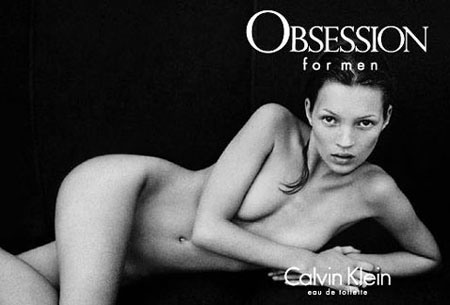02/06/2017
The Male Gaze
The male gaze can be described as the way in
which the woman and the world around her is depicted from the man’s
perspective, and that the woman is presented in an objectifying manner in order
to please the male perspective. There are three perspectives to the male gaze,
which are from the person conducting the artwork, the person in the artwork,
and the spectator. One would assume that everything shown in the world is
solely for the purpose of entertainment, but it is not the case. Majority of
what is shown is geared towards the male audience because it is presumed that
they are the only ones who are watching it. It is as if though there is no such
thing as a woman audience, or that is may seem impossible to think that a woman
audience exists. Because of this male gaze, “her presence is manifest in her
gestures, voice, opinions, expressions, clothes, chosen surroundings, taste-
indeed there is nothing she can do which does not contribute to her presence”
(Berger, p. 46). As a result, women are forced into managing everything that they
do even from a young age because it reflects what kind of woman she is.
Depending on how they look and act will determine whether or not the male
audience will treat them nice. Lets say that there are two women who are being
considered for a promotion by male supervisors at work, and both of them have
been with the company for about the same number of years. One of them did great
at college, but she does not talk much or dresses too femininely. Although the
other girl did well at college too, she is normally talkative and dresses
femininely while wearing makeup. The promotion was eventually given to the girl
who dresses femininely with makeup because it attracted the attention to the
male supervisors, which demonstrates one of many examples of the male gaze. It
is also shown in painters where most of the women are naked and looking at the
distance while the man is painted admiring her look without the woman noticing.
After reading Ways of Seeing by
Berger, I paid more attention to TV, and even comic books. What I found was
astonishing because I had never noticed it while growing up. Women are portrayed
extremely objectifying; an act as simple as walking to presented sexually with
the woman in high heels and a short skirt while the men are in the background
watching her. In comic books, majority of the female superheroes are almost
completely naked while the male superheroes are in full costume. It seems that
the mentality of the sellers is that portraying women so sexually is what gets
things to sell, which should not be the case at all. Portraying women in a
sexualizing manner will continue as long as it is believed that the only audience
available is male. According to Berger, “women are depicted in a quite
different way from men – not because the feminine is different from the
masculine – but because the ‘ideal’ spectator is always assumed to be a male
and the image of the women is designed to flatter him” (p. 64).
Google Images
Google Images
Patriarchy by Bell Hooks’ definition, “ is a
political-social system at insists that males are inherently dominating,
superior to everything and everyone deemed weak, especially females, and
endowed with the right to dominate through various forms of psychological
terrorism and violence” (p. 18). In sum, within a patriarchy society, the males
are deemed superior at everything, and that it is their job to rule other the
weak, especially the females, by any means necessary. Hooks discusses how this
is the society in which we live in. While she was growing up, she loved to play
marbles with her brother, which was frowned upon by her father. She continued
playing with them despite her father telling her not to because it was
something that she enjoyed doing. One day, however, her father was so enraged
with her that he severely beat her and told her not to do it again, and what
her brother got as a punishment was a talk about how marbles was a game for
boys only, and not for girls. What was even more surprising was that her mother
came in and told her that this occurred because she disobeyed her father. This
illustrates how the father is seen as the head of the household and the ruler
of all those who live in. Moreover, this reaffirms the concept of gender roles.
For instance, it is acceptable that the males portray anger and frustration
because it is seem as something that they solely do. If a female were to
portray anger and frustration, it would be deem unacceptable because it is not
“ladylike” in society. This makes it difficult for both genders to grow up the
way they want to because they are forced into categories with preexisting
characteristics that they must follow in order to fit in society. In order to
break free from this patriarchal society, both males and females must
acknowledge that it exists.
Google Images



No comments:
Post a Comment